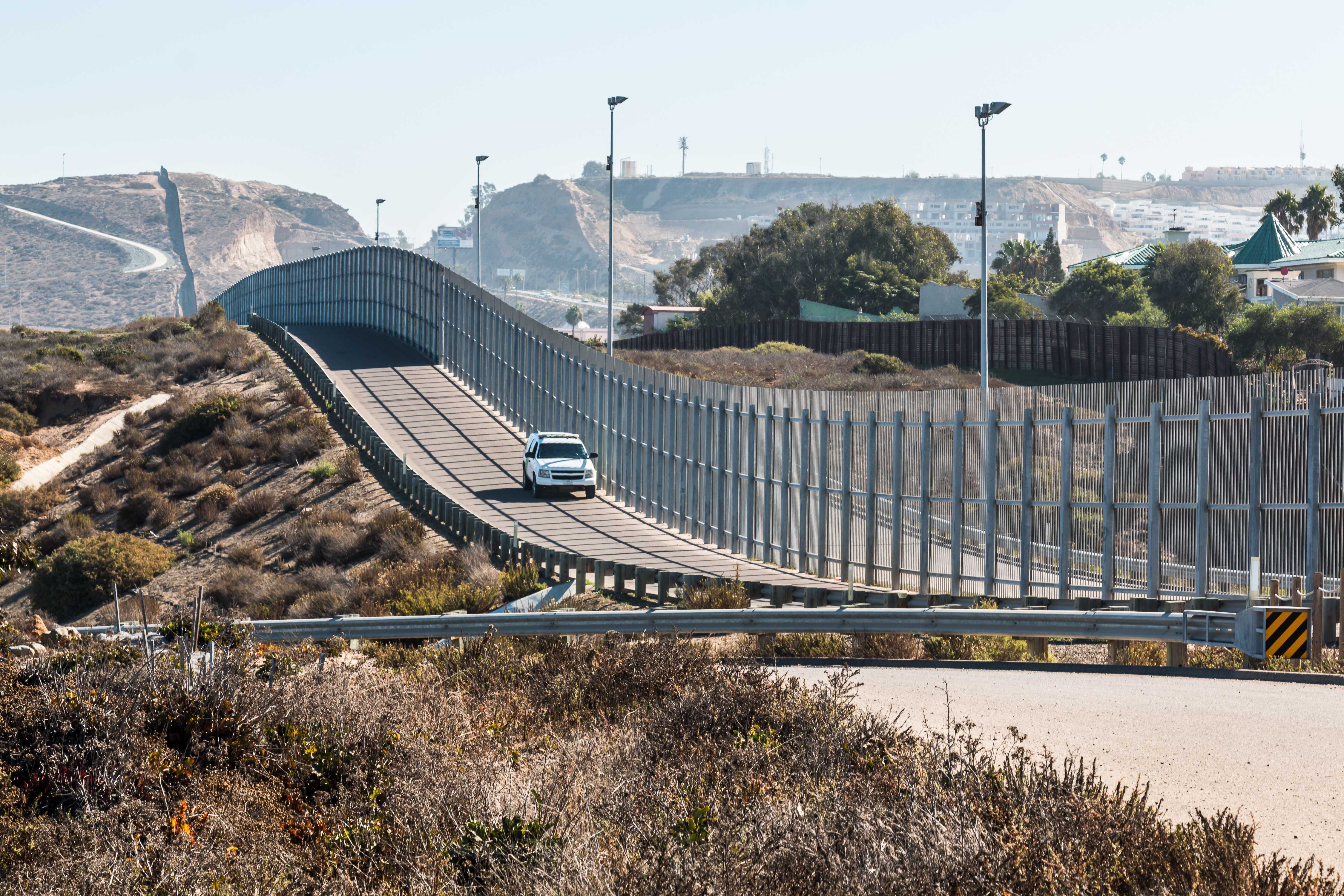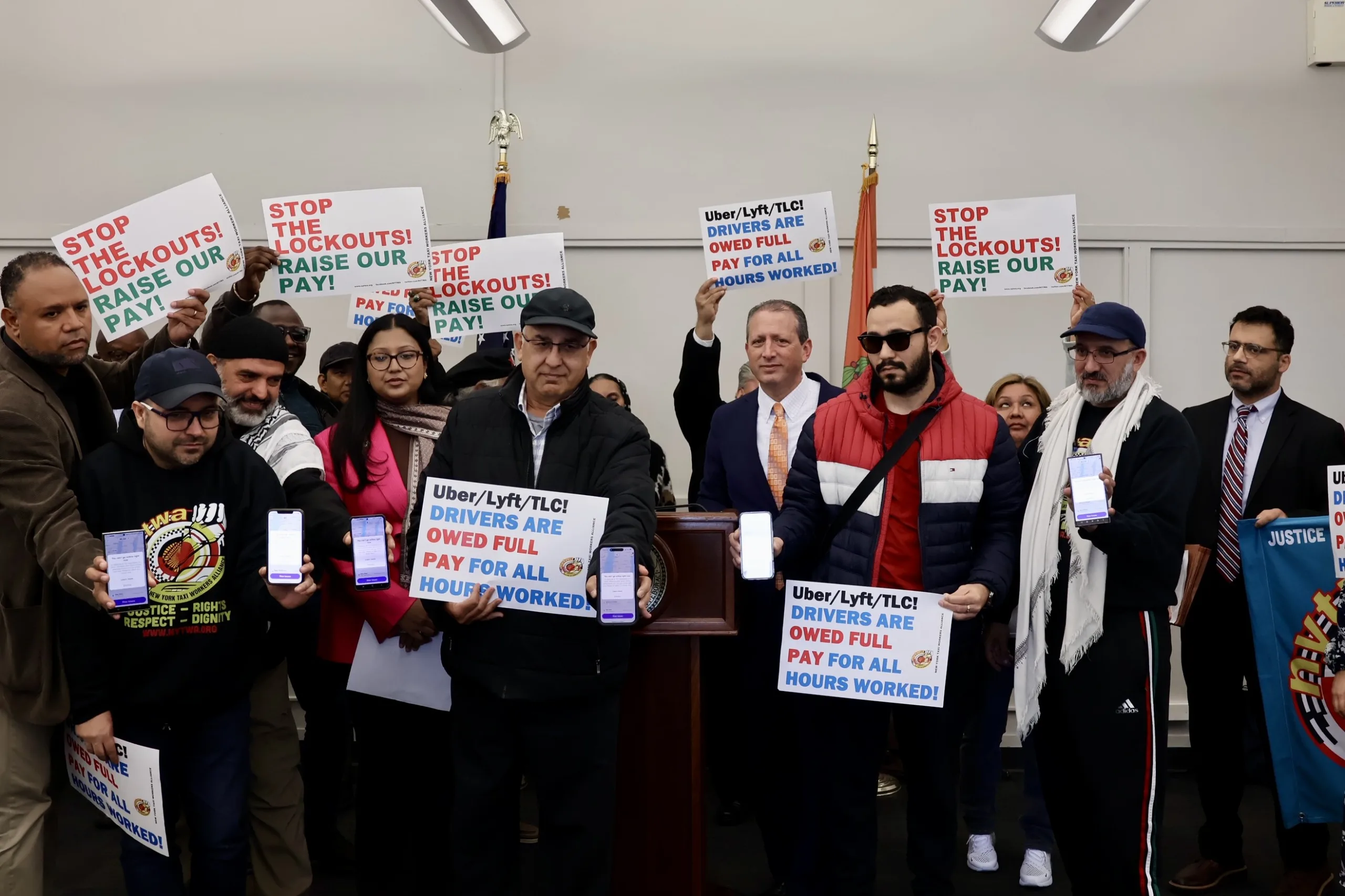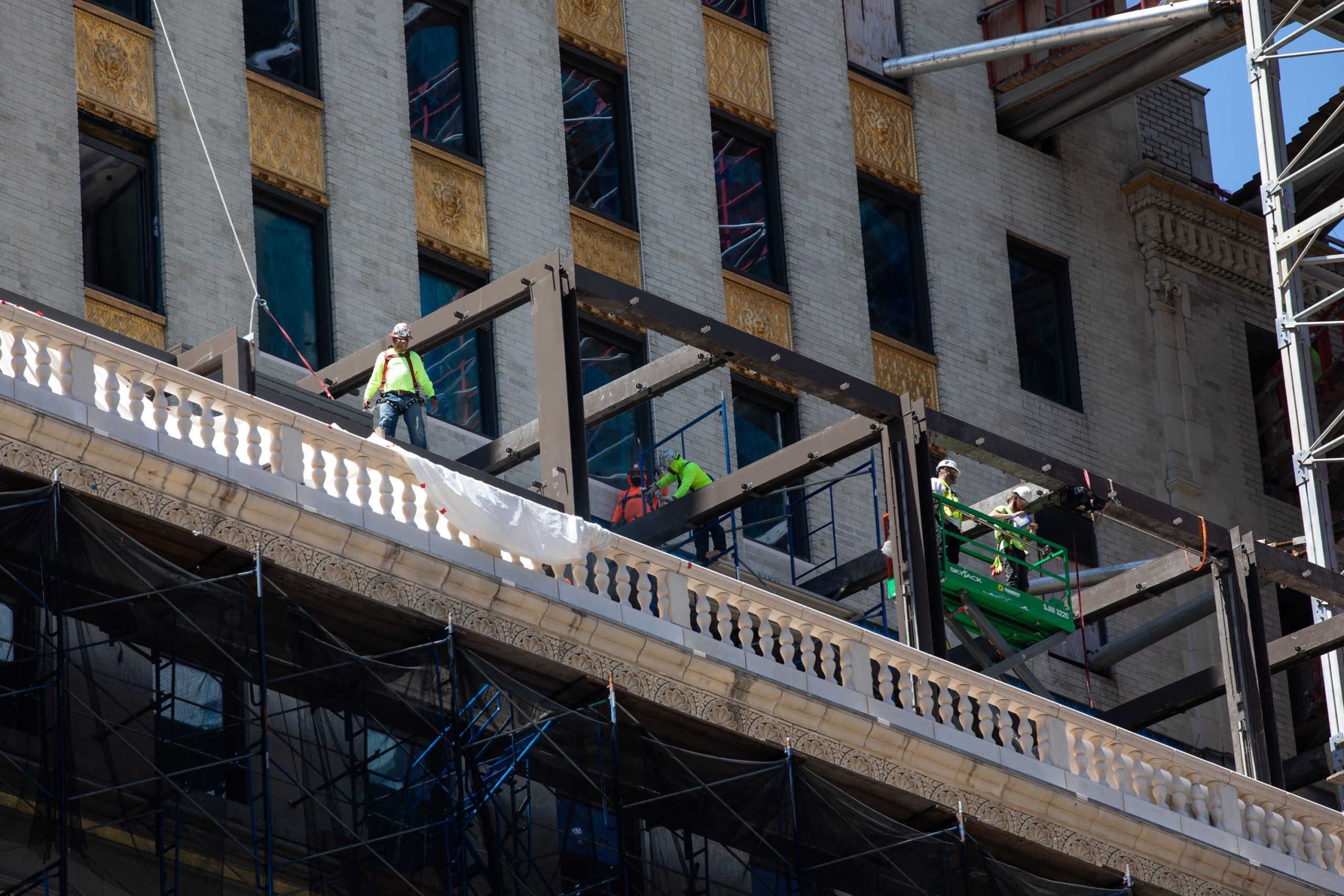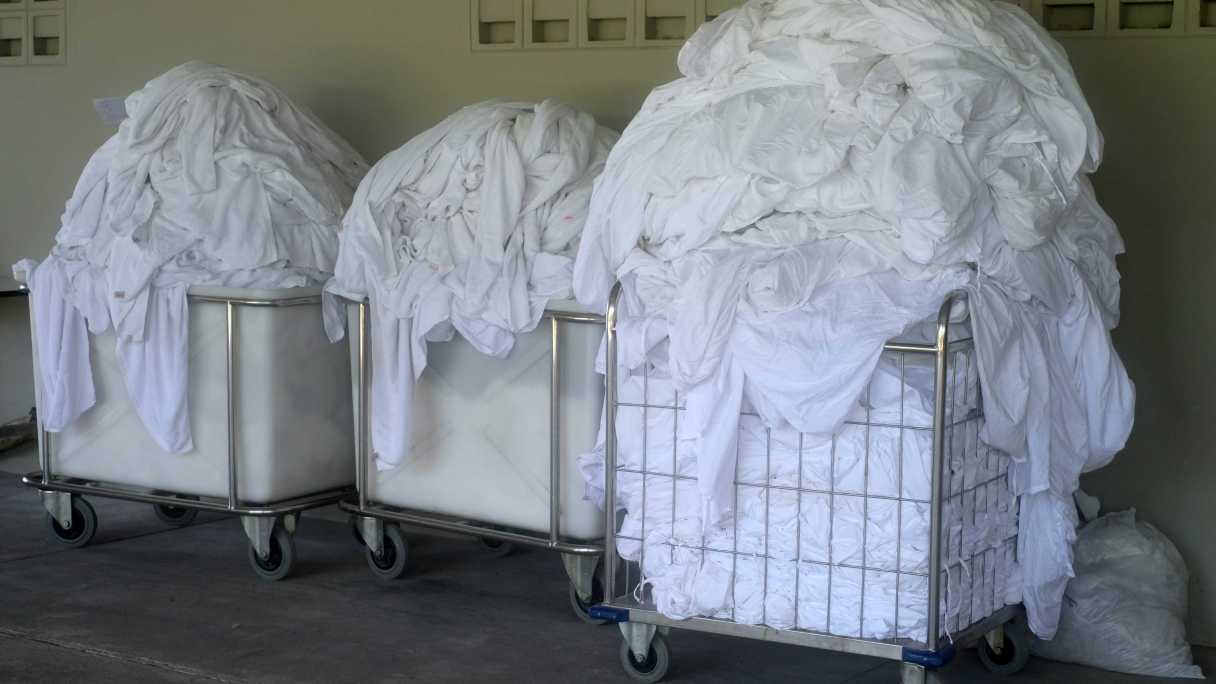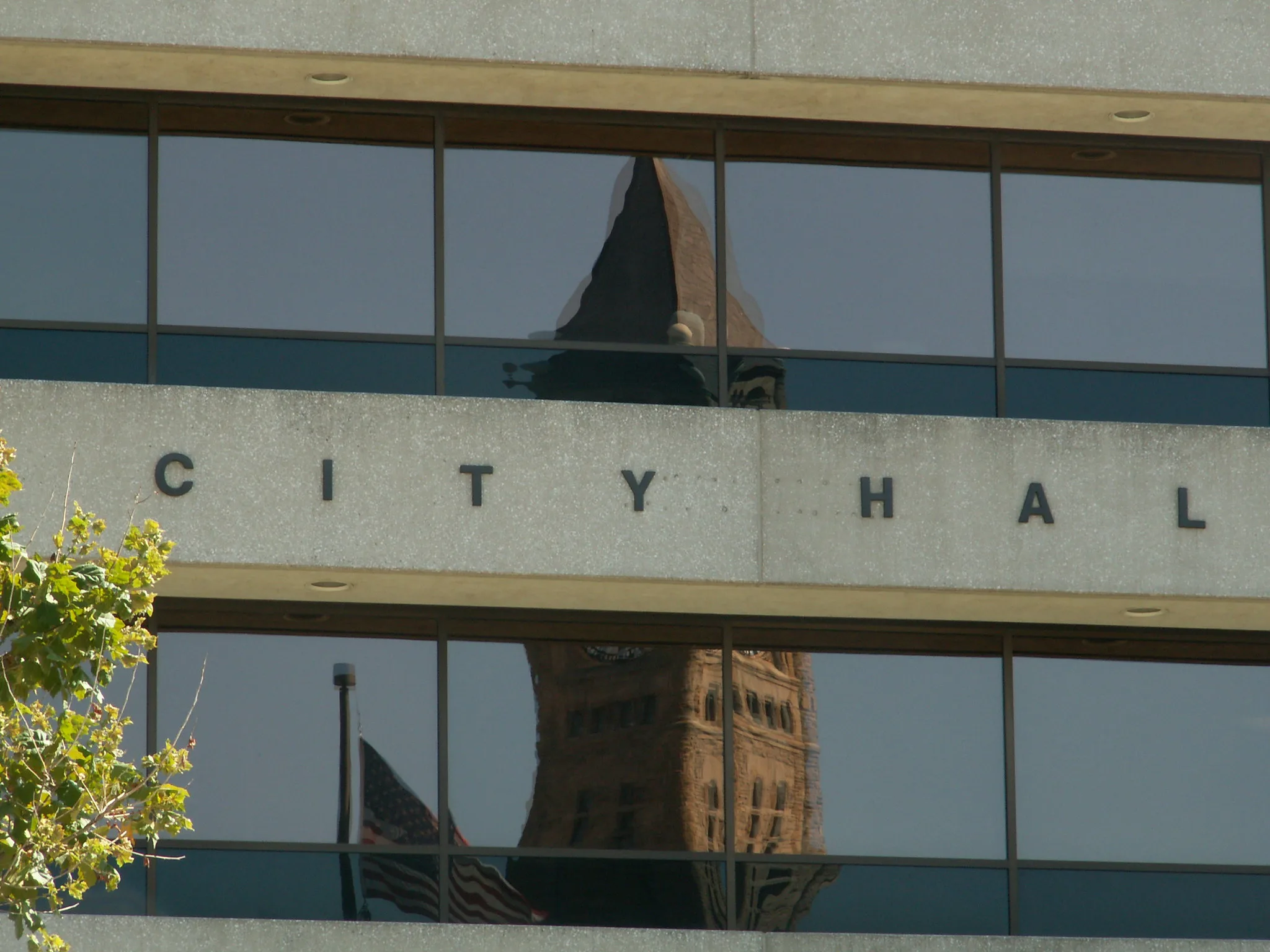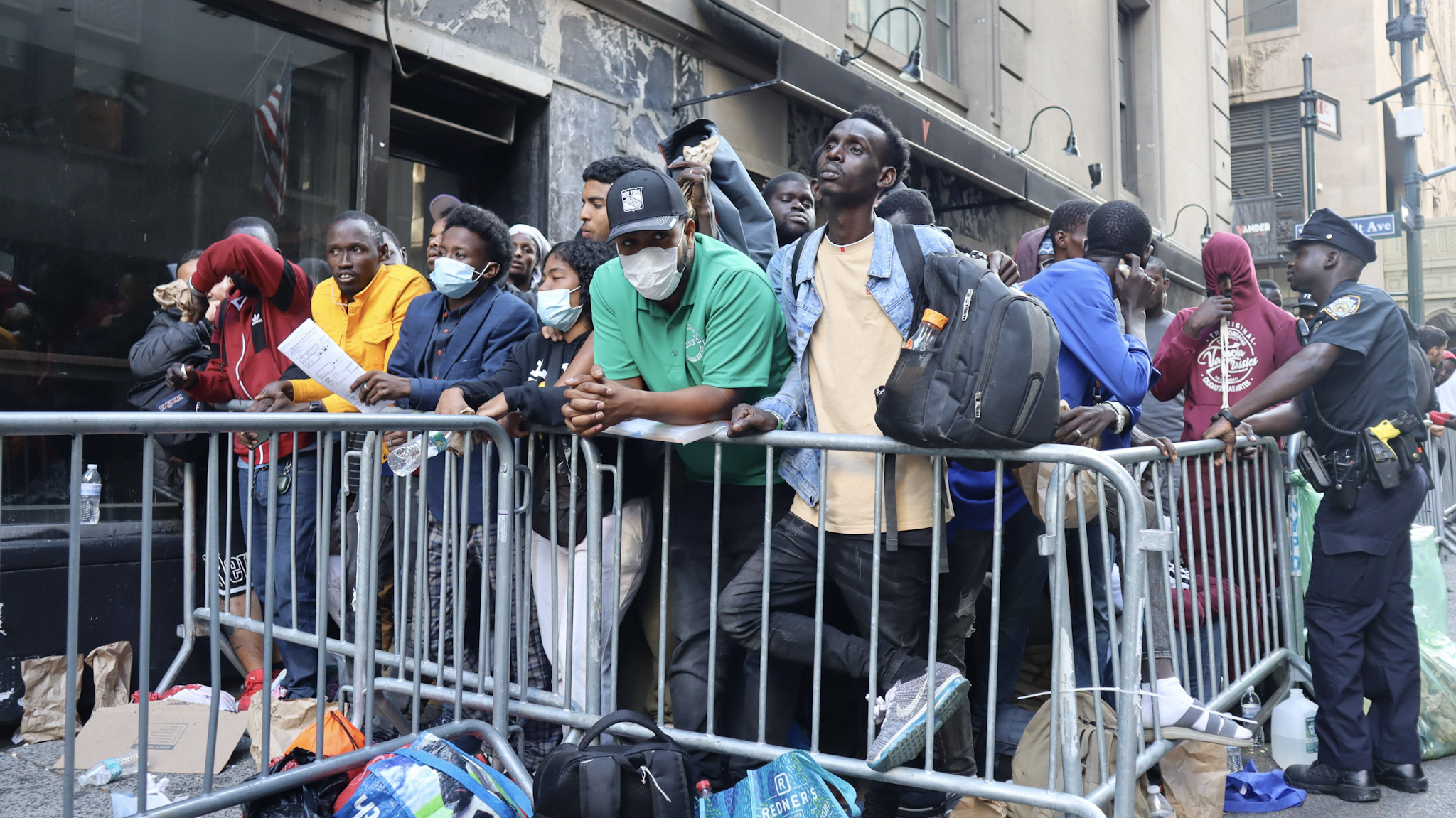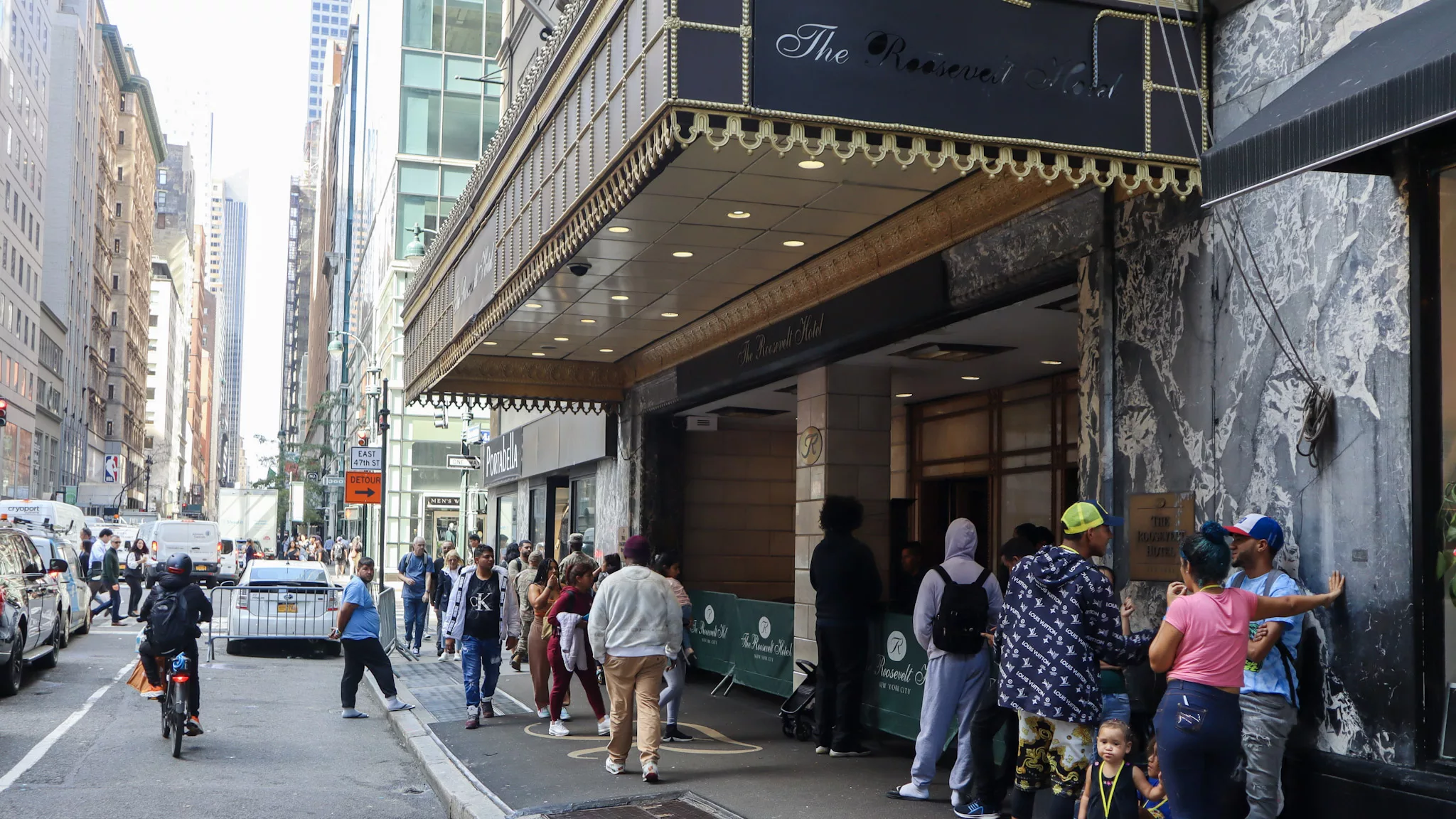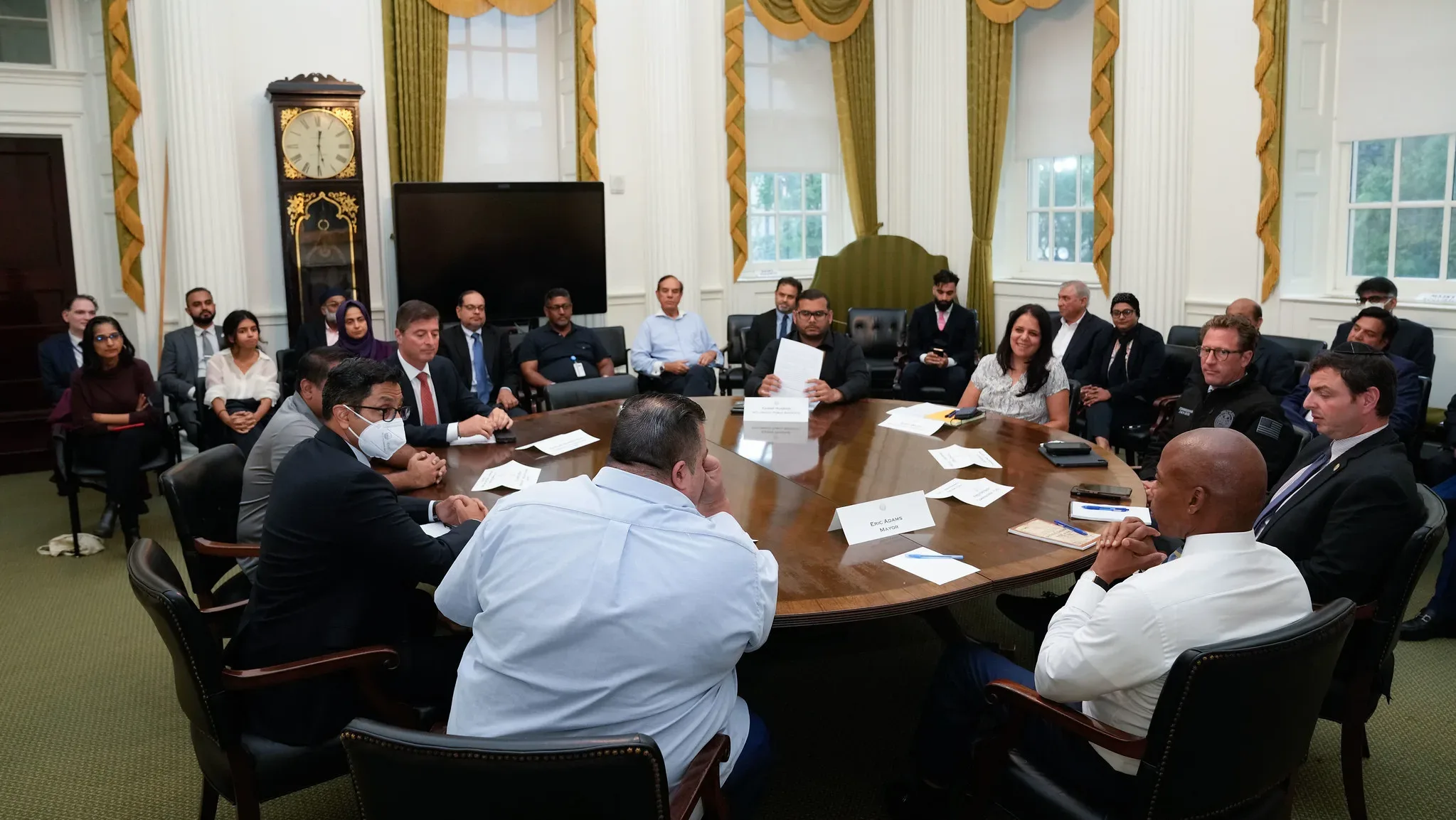This summary was featured in Documented’s Early Arrival newsletter. You can subscribe to receive it in your inbox three times per week here.
On May 23, the Biden administration is expected to lift Title 42, an order that was put in place to restrict and block asylum seekers from seeking safety in the U.S. on the basis of curbing the spread of Covid-19. The change will restore migrants’ right to request asylum. Despite the implementation of the order since 2020, the administration could not contain a record spike in migration along the border with Mexico. Border officials have recently encountered about 7,000 migrants per day, and Homeland Security officials said they are now preparing for as many as 18,000 migrants a day. New York Times
Iranian Vocalist Scheduled to Perform in California, Interrogated, Denied U.S. Entry
Iranian vocalist Alireza Ghorbani, a legal resident of Canada, was unable to attend a sold-out celebration of Nowruz, the Iranian New Year after being refused entry to the U.S. following an interrogation by agents in an airport in Toronto. “He got on his flight, sat on his seat and some [U.S. immigration] officers got on the flight and took him out,” said Alireza Ardekani, executive director for the Los Angeles-area nonprofit Farhang Foundation, which collaborated with the Pacific Symphony to host the Nowruz event. Ardekani said Ghorbani was interrogated for nearly four hours, and that Ghorbani’s temporary detention and denial of travel likely stemmed from the 49-year-old’s compulsory service decades earlier in Iran’s Islamic Revolutionary Guard Corps. Los Angeles Times
Asylum Seekers Forced to Wait in Mexico Face Horrid Conditions in Shelters, Legal Aid Groups Say
Two legal service providers described in two letters to the U.S. government the case of an immigrant trying to get asylum in the U.S. who had died in a shelter. It wasn’t until three days after his death that staff at the shelter realized because of the smell of his decomposing body. At another shelter, two women didn’t return after venturing out to get medicine, and staff refused to allow their roommates to call authorities. Outside shelters, immigrants and asylum seekers also face violence and kidnapping by criminal organizations. They are also deprived of basic due process, while the conditions in the shelters, including lack of telephone and internet service, make it nearly impossible for to prepare for their court cases. Buzzfeed News
Groups See Unfair Treatment as U.S. Welcomes Ukrainian Refugees
Within less than 7 days of Russia’s invasion of Ukraine, President Biden designated Temporary Protected Status for Ukrainians, protecting those seeking safety within the U.S. from being deported to the war-torn country. Many advocates have spent years seeking TPS for other countries, but have been told to “wait” or that the process “takes time.” To them, the administration’s actions begged the question: Why not treat people facing deteriorating conditions in other countries with the same level of urgency and humanitarian compassion? In a letter sent to President Biden and Secretary of Homeland Security Alejandro Mayorkas, 50 organizations describe gross inequities and racial disparities in the administration’s decision to ignore other countries that also meet the standards for TPS designation.
Ukrainian Communities Prepare to Support Refugees
The U.S. is preparing to accept 100,000 Ukrainian refugees, and Ukrainian communities in Sacramento and Seattle are already mobilizing to provide food, shelter and support to those fleeing the war. The Biden administration has yet to announce a timeline for the formal resettlement process and where refugees will be resettled, which is often a lengthy process. Volunteers are providing support to people entering the country through many channels, including on visas that will eventually expire or by flying to Mexico and crossing over the border. It is unlikely the U.S. will see a massive influx of Ukrainians on charter and military flights similar to what happened with Afghan refugees last year. AP News
What Does Customs and Border Protection Do For the U.S.?
📍Documented Original
The latest addition to Documented’s Glossary — a resource guide full of information on the U.S. immigration system — is a detailed examination of U.S. Customs and Border Protection, which became the United States’ first border control agency solely in charge of processing people and goods crossing the borders and stopping anyone or anything prohibited from entering. CBP, alongside USCIS and ICE, took on responsibilities previously held by Immigration Naturalization Services after that agency was disbanded on March 1, 2003. The new agencies’ responsibilities were specified in the Homeland Security Act of 2002, which was a direct response to the 9/11 terrorist attacks. Read more on Documented
